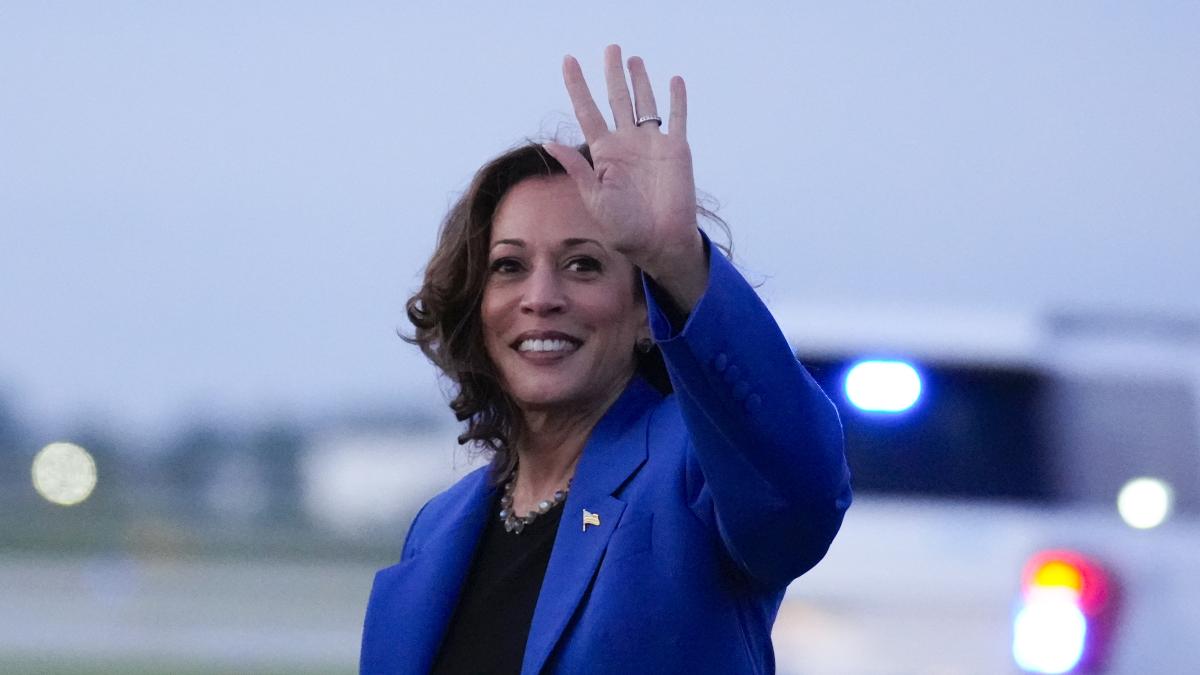The question of Ukraine, and in particular the issue of Donbass, can be considered the mother of all battles for Vladimir Putin, in his plan aimed at putting an end to the gradual expansion of NATO in Eastern Europe. And the rich coal region in the southeast of the country, where a large Russian-speaking community lives, is the ideal buffer zone for the tsar, and also to gnaw the lands of Kiev and weaken its claims to the Western orbit.
In the Donbass, more than 770,000 Ukrainians have a Russian passport, out of a population of about 5 million, and, according to Moscow, another 950,000 have submitted the same application in recent days. There is an ancient relationship with “Mother Russia”, reinforced by the local Orthodox Church which broke away from the Ukrainian Church to associate itself with Moscow. This association is also nourished by the intolerance of the population towards the centralized state. Because the general conditions of life, since Ukraine left the USSR in 1991, gradually worsened. Meanwhile, separatist motives grew.
The fuse was lit in 2014, when Moscow decided in reaction to the annexation of Crimea in southern Ukraine after the pro-EU uprising in Maidan and the ouster of Viktor Yanukovych from power. From that moment the mobilization of the Donbass also began, with military groups from the Lugansk and Donetsk regions were able to take control of part of the region in a short time, thanks to the hidden support of Moscow, which provided money and weapons. The victorious separatists on the ground declared independence from Ukraine by declaring the birth of the Donetsk People’s Republic and the Lugansk People’s Republic. Then they organize a referendum, which, according to the rebel leaders, has a Bulgarian result: the vast majority of the population votes in favor of the annexation of Russia.
Efforts of international diplomacy to restore stability in the region and put an end to a conflict that has killed more than 10,000 people led to the Minsk Accords, which were signed by pro-Russians and Kiev, under the cover of Western powers, France, Germany and Russia. The fighting must stop on paper and Donbass must return to Ukraine’s control in exchange for greater autonomy. But the agreements signed in the Belarusian capital are not final, because in part they were not implemented due to the responsibility of the parties. Moscow is not an official party to the conflict and therefore does not feel obligated. While the Kiev authorities, under pressure from the nationalist parties in the country, are unable to grant autonomy to the separatists. And the conflict, rather than ending, has exploded again.

“Reader. Travel maven. Student. Passionate tv junkie. Internet ninja. Twitter advocate. Web nerd. Bacon buff.”




